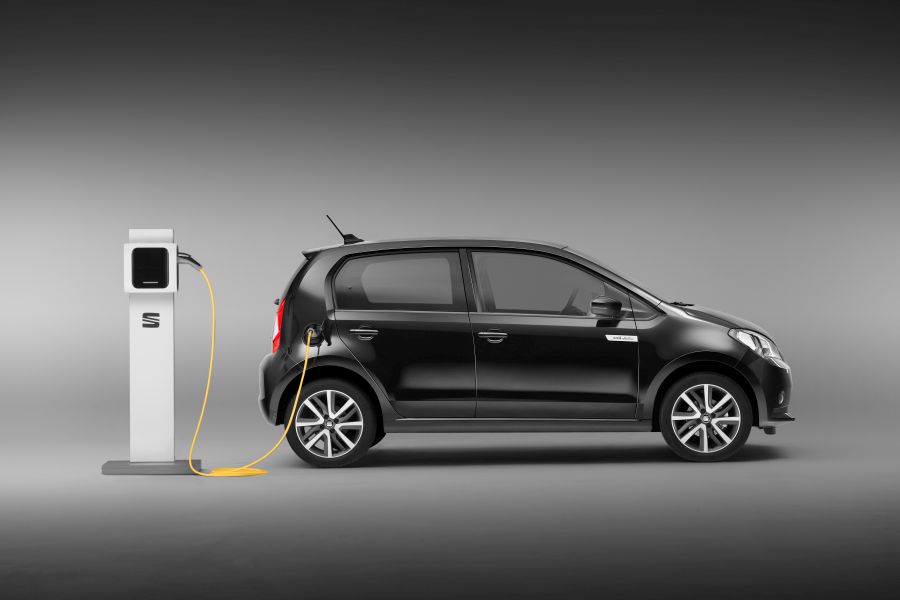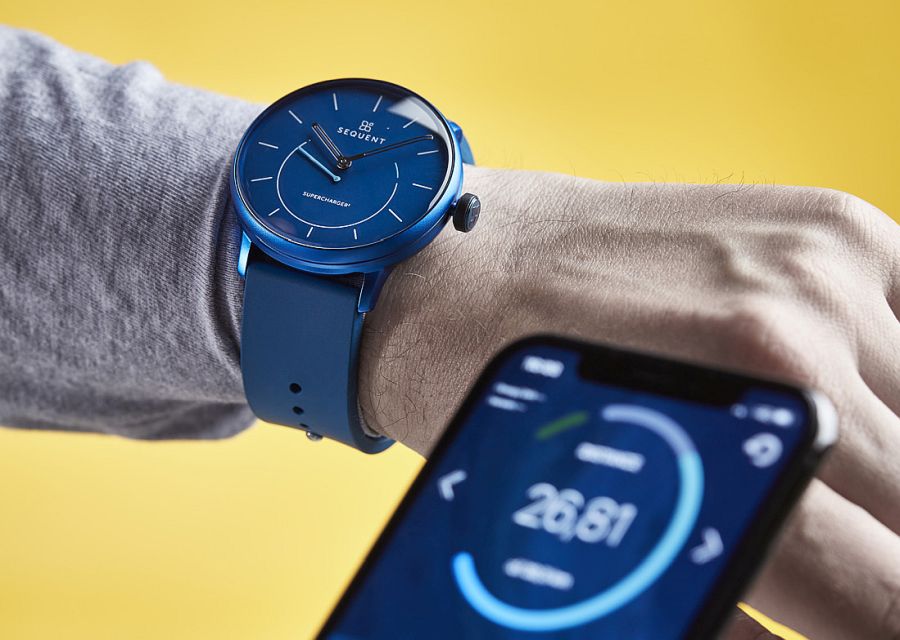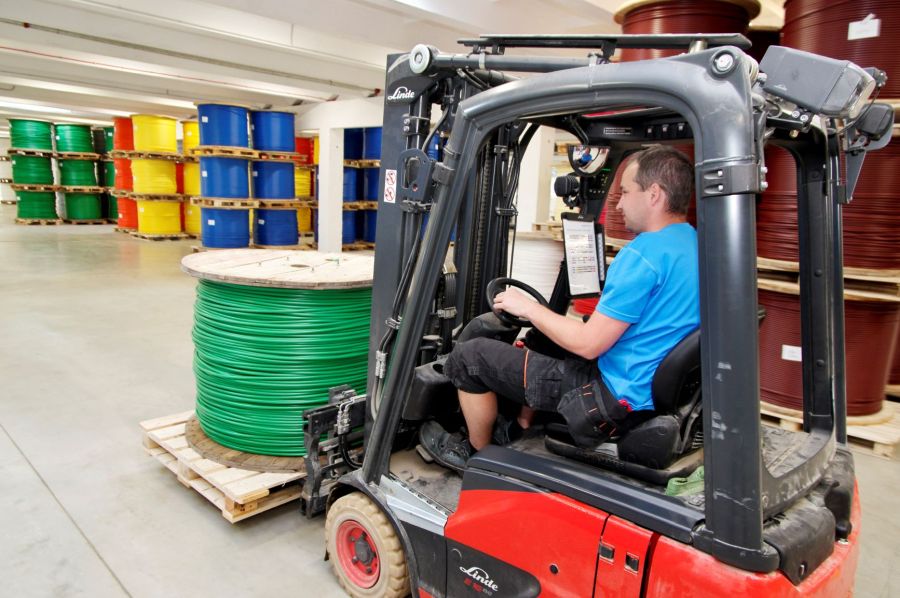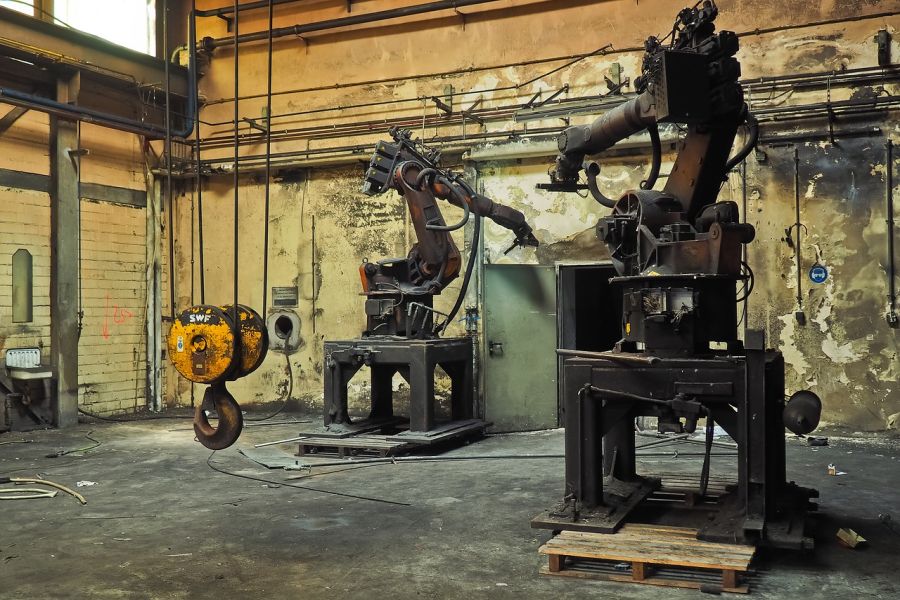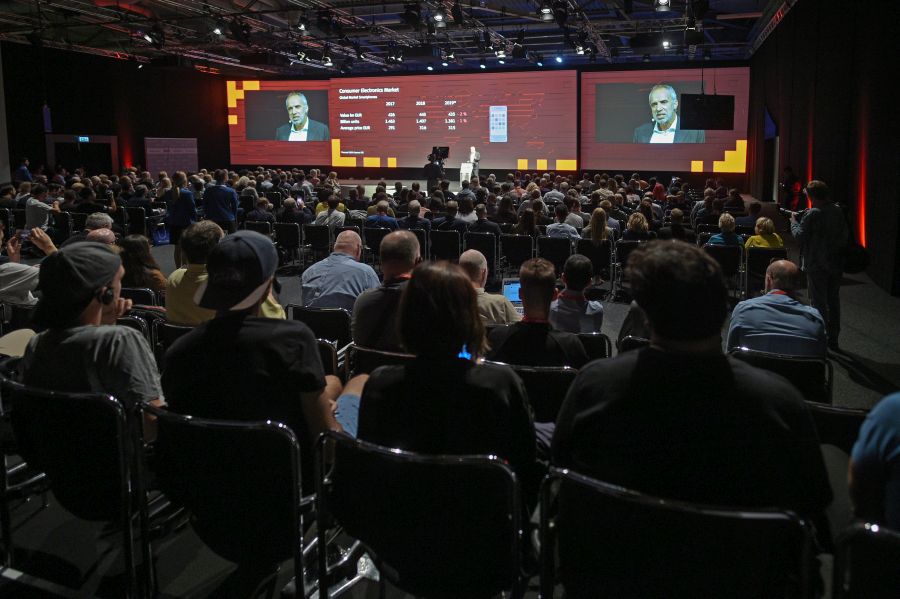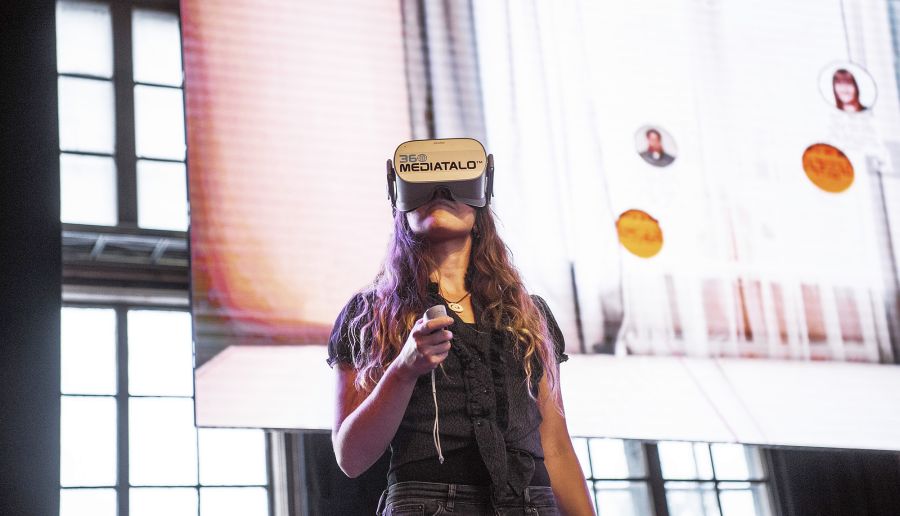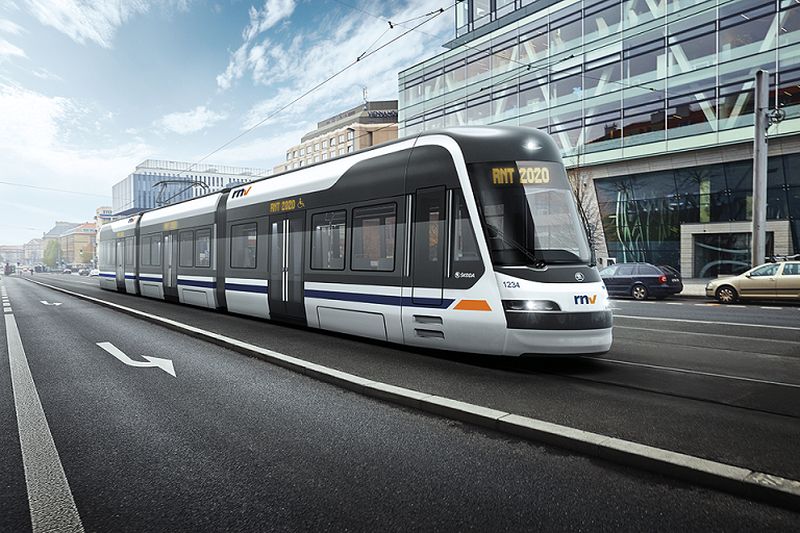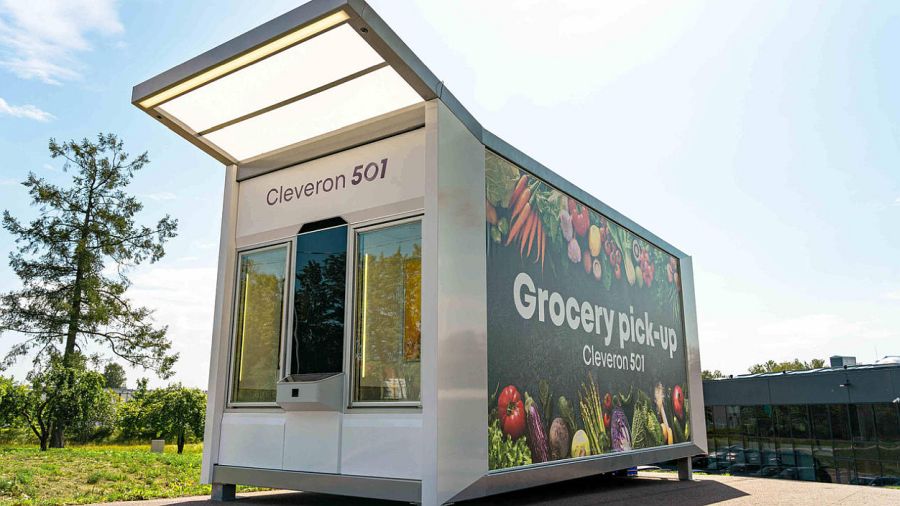5 questions and answers about electric cars
What's the difference between a hybrid and a plug-in hybrid? What is their range? Where can you recharge them? The electric car is the future star of the automotive sector. In fact, in the first six months of this year its sales went up by 58%. This new mobility system raises questions among future users which we answer below.
Revolutionary Automatic Self-charging Smart Watch: Sequent SuperCharger2 looks for growdsourcing
Sequent SuperCharger2 is a fundamental re-engineering of award-winning first and only smart watch with an Automatic Self-Charging battery system, providing world record power autonomy. Smartwatch is pledged $377,898 of $49,433 goal for now.
This new award winning Swiss engineering smartwatch has some groundbreaking features: the more you move, the more you transform 100% clean kinetic energy into electrical power to support the high precision built-in sensors, that track all your activities.
Microduct manufacturer Höhle opens a new factory
Höhle OÜ, a plastic microduct manufacturing company unique in Estonia, opened its new factory in Lõiuse village in Rapla county. The factory produces over 200 km of micro ducts per day, which go to the domestic market as well as to 12 European countries. The total investment for the factory was over 4 million euros.
Founded in 2016, Höhle OÜ is a microduct manufacturer for fiber optical cables. The activity started three years ago in Jaluse village, Juuru municipality, Rapla County. However, with business expanding came the need for a bigger space and a new factory was built in Lõiuse within a year.
Industrial Robotics Market to Reach $68 Billion by 2020
The global market for industrial robotics is expected to grow at a CAGR of 14 percent until 2020, according to Beroe Inc, a procurement intelligence firm. The increase in demand for robots is mainly boosted by companies who wish to improve the productivity of their complex production lines along with cost savings, improving quality, and increasing manufacturing flexibility through automation.
IFA 2019: Artificial Intelligence, voice and 5G connectivity shape the digital world as #Coinnovation is powering IFA 2019
Huawei, Qualcomm, Roku and Arcelik headline IFA keynotes – Artificial Intelligence, Voice and Connectivity big trends in consumer electronics and home appliances - Japan is first Global Innovation Partner for IFA Next – Ford, Daimler, Fujitsu and AXA explore the Future of Mobility at Shift Automotive – IFA Global Markets firmly established as Europe’s largest sourcing show.
5G-enabled Virtual Reality won the prize in the SHIFT hackathon in Finland
The City of Turku and the telecom company Elisa jointly organized a 5G hackathon at the SHIFT Business Festival held on 29–30 August 2019 in Turku, Finland. The hackathon challenged teams to create and develop new 5G-enabled solutions for preventing social exclusion.
Artificial Intelligence most mentioned theme by global CEOs
Artificial Intelligence (AI) has emerged as the most frequently mentioned theme among the key disruptive technologies in the discussions of the world’s leading CEO’s during the first half (H1) of 2019, according to GlobalData, a leading data and analytics company.
An analysis of GlobalData’s CEO Influencer Platform, which tracks over 300 of the world’s leading CEO’s from blue chip companies and unicorns, and their discussions pertaining to emerging trends, pain areas, new fields of innovation and other popular areas on Twitter, reveals that Blockchain and Internet of Things (IoT) were the other disruptive technologies which received huge coverage during the period.
Taltech and Thinnect are building world´s largest smart city sensor network in Tallinn
The Institute of Software Science of Taltech University and startup company Thinnect are developing technology that can monitor urban air and measure traffic flows via hundreds of sensors powered by solar panels and connected by mesh network.
Sensor hubs are placed to street lighting posts of Tallinn and are connected to a network. Different combinations of sensors can measure noise, sound radars can analyse traffic conditions and microphone arrays can record anything for further scientific research. For example, a student of taltech collected birdsongs and analysed different bird species heard my microphone arrays over the city.
Skeleton Technologies' Ultracapacitors to Power Škoda Trams in Germany
Skeleton Technologies, the European market leader for ultracapacitors and energy storage systems for transportation and grid applications, will supply ultracapacitor systems to Škoda Electric, a traction equipment manufacturer, for 114 trams to be delivered by Škoda Transportation to Mannheim, Heidelberg, and Ludwigshafen in Germany.
The ultracapacitor system recuperates the braking energy of the trams and uses it for re-acceleration, saving energy and decreasing costs. Ultracapacitors are ideal for this application due to their high efficiency, reliability, and ability to recharge in seconds.
Cleveron launches the world’s first grocery robot with two temperature zones
Technology company from Estonia - Cleveron introduces Cleveron 501, a one-of-a-kind grocery robot that enables grocery pick-up in just 20 seconds. Cleveron 501 is an efficient delivery alternative to home delivery, making grocery click and collect cheaper, faster and more convenient for both grocers and consumers.
